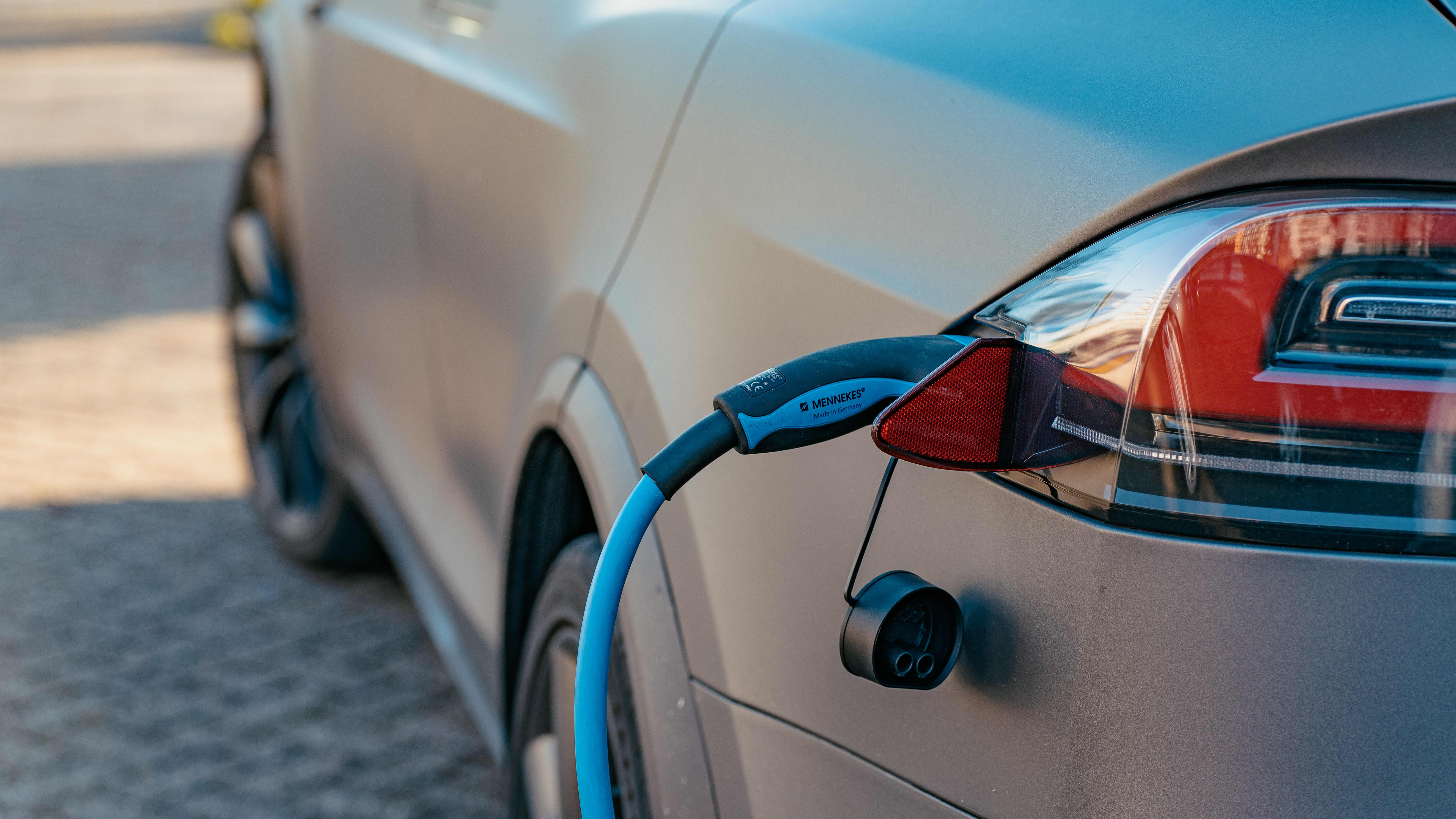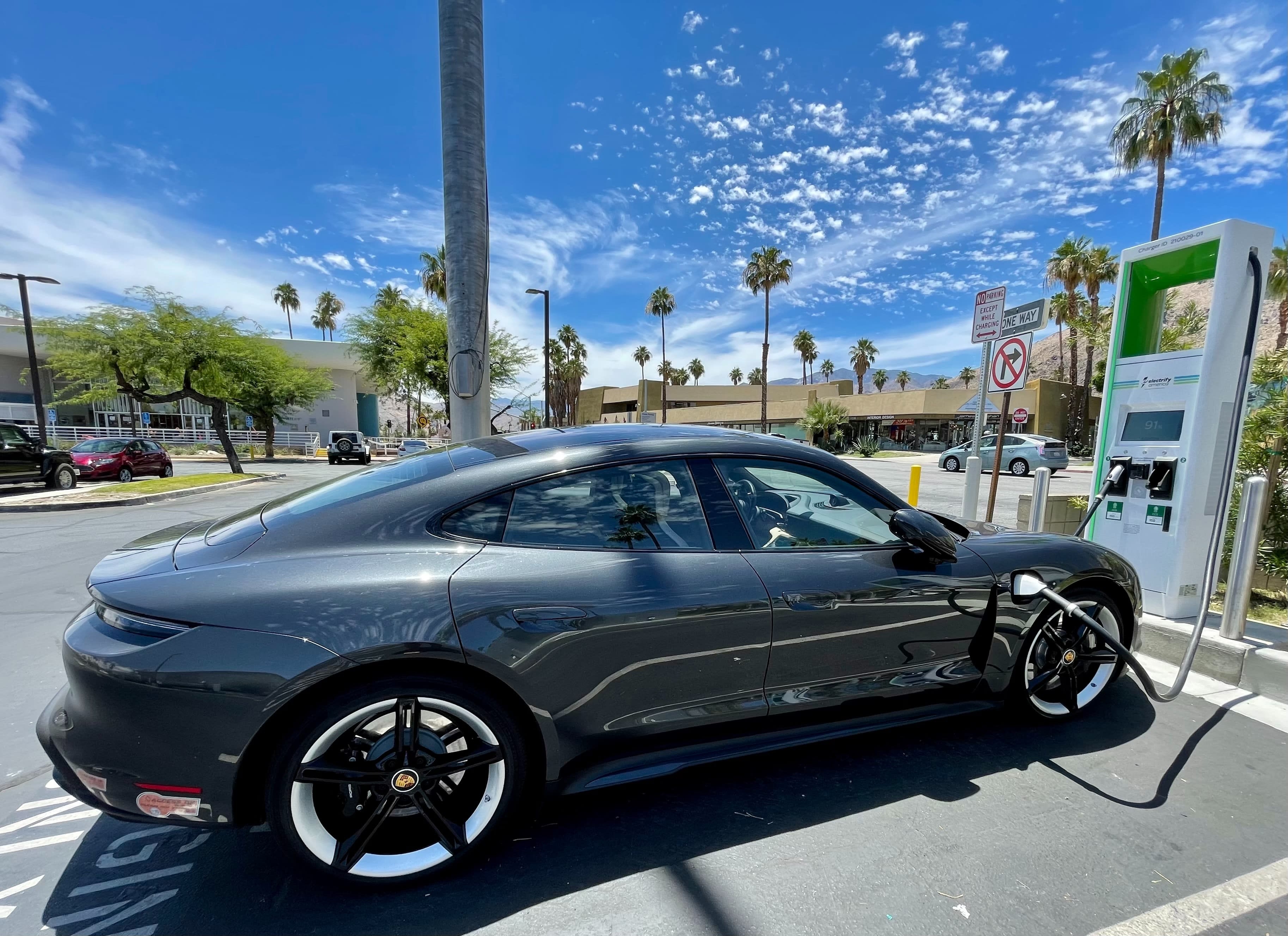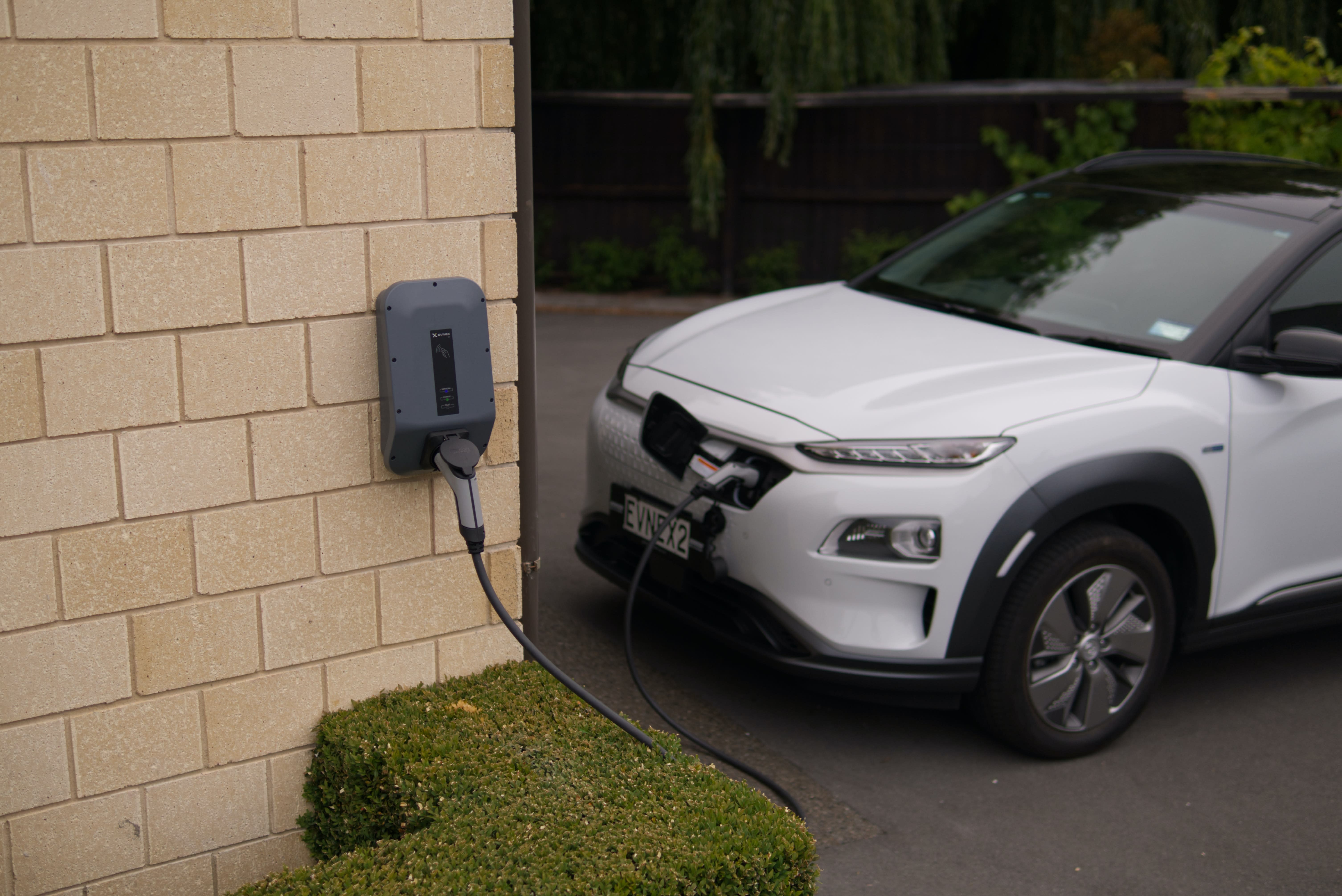The Benefits of Purchasing an Electric Car

The Good, The Bad, And The Great?
Going electric can be financially lucrative, not just a good move for the environment.
By The Editors
Wed, Aug 24, 2022 07:30 AM PST
Electric cars are more than just a trendy new way to get to places. They’re also a smart financial investment for many drivers. You won’t have to stop at gas stations to fill up your tank and purchase gasoline again. Instead, you’ll simply charge up your car with electricity from a source like a home outlet or a public charging station.
An electric car can cost less to operate than a similar gas-powered vehicle in several scenarios, with the bonus of being kinder to the environment. This alternative fuel source does however come with its own set of advantages and disadvantages that potential buyers should know about. Here’s a closer look at the pros and cons of purchasing an electric car.
Who’s It For?
The great news about electric cars is that they’re available for almost any driver. If your daily commute is less than 40 miles, you’ll probably never have to even charge up your car. Those with longer commutes may want to consider a plug-in hybrid or a fully electric vehicle.
If you don’t drive your car much each day, an electric model can be cheaper than a hybrid or standard gas-powered car. The daily charge-up process requires energy, which is cheaper during off-peak hours. The more you drive, the more it makes sense to go with an alternative fuel source.
Electric cars are also maintenance-free, which cuts down on the costs associated with owning a regular car. The cost of electricity to charge your car is much cheaper than the price you pay for gasoline. Hybrid and electric cars are also eligible for federal tax credits.

Electric Cars Are Green
Increased hybrid and electric car sales over the past decade have led to a decrease in carbon emissions. The Environmental Protection Agency credits the growing popularity of green vehicles for an 11% decrease in greenhouse emissions since 2010.
Electric cars are quieter, produce less pollution, and use less energy than gas-powered vehicles. They emit no tailpipe emissions and can reduce carbon dioxide levels by up to 90% compared with conventional vehicles. You’ll also save money on maintenance and gas, which will allow you to keep your car running longer.
Repairs are much cheaper
Electric cars are also easier to repair than many other types of vehicles. While hybrids and plug-in models are not as easy to repair as fully electric vehicles, you’ll still pay far less for repairs compared to gas-powered models. The cost of parts is lower for electric cars and there are fewer parts than in a gas-powered car, which makes the repairs easier to do.
Regular vehicles will probably have you take quotes for car insurance companies as compared to the electric ones. You'll also likely have lower car insurance rates because an electric car is lower risk than a gas-powered vehicle.
Incentives for Owning an Electric Car
With increased awareness of the benefits of electric cars, more people are choosing to drive electric models for short commutes. The US National Highway Traffic Safety Administration (NHTSA) estimates that a third of daily commutes in the US are less than 10 miles long and, as many people are choosing to live in cities where space and parking are at a premium, electric cars offer an attractive option for those working in urban areas.
In addition to their lower operating costs, electric cars offer significant environmental benefits. Electric car owners can claim tax breaks on their purchases and on the charging stations they use.
Short Commute Benefit
There are many benefits to driving an electric car for short commutes which include:
- Far fewer emissions due to zero tailpipe emissions and reduced energy use.
- Less wear and tear on the vehicle due to shorter distances driven.
- Less maintenance as there is no need for gasoline or oil changes.
- Reduced risk of accidents due to reduced speeds, increased visibility, and reduced
fatigue from sitting in one position for a prolonged period.
- A feeling of independence from fossil fuels.

Drawbacks of an Electric Car
An electric car will save money over the long term, but you’ll end up spending more money upfront. You’ll need a new charging system in your home, perhaps new car charging equipment, and lots of patience while charging the car. Depending on which state you live in, it may also be difficult to find a public charging station.
Some electric car owners have to plan their trips carefully to make sure they have enough charge to get where they’re going. Because of the lack of charging stations in many areas, you may also have to travel further to get to work. This may be a problem if you have a long commute, so it’s essential to plan your trip accordingly.
Conclusion
If you’re interested in purchasing one of these vehicles, it’s important to do your research first to find the right model. Some electric cars are better than others, so you’ll want to find one that matches your driving needs. If you drive less than 25 miles to work, you might be eligible for up to $2,000 from the California Advanced Vehicle Technology Program.
The program offers rebates for the purchase of zero-emission vehicles (ZEVs) that are made in the state and meet certain performance standards. You can apply for a rebate on any new ZEV, including electric cars, plug-in hybrids, and fuel-cell vehicles. If you're not sure if your car qualifies as an advanced technology vehicle, check out the California Air Resources Board's (CARB) list of certified vehicles.






